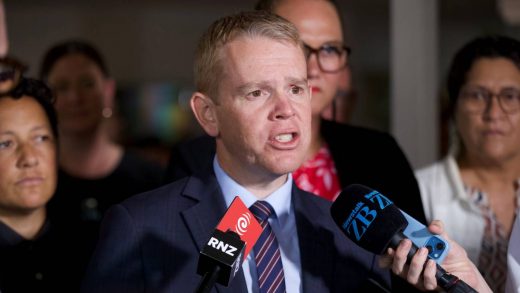
LONDON (AP) — A U.K. parliamentary committee said Friday that evidence suggests former Prime Minister Boris Johnson repeatedly misled Parliament about his knowledge of lockdown-breaking parties at his Downing Street office.
Johnson may have misled the House of Commons on at least four occasions, the Committee of Privileges said, in a preliminary report shared with the former prime minister before he testifies to the panel later this month. The conclusions are based on witness statements, WhatsApp messages, emails and pictures taken by a Downing Street photographer, the committee said.
Beginning in late 2021, Johnson was bombarded by news reports that he and his staff had flouted rules designed to control the spread of COVID-19 by holding “bring your own booze” office parties, birthday celebrations and “wine time Fridays.” The revelations caused public outrage, particularly at a time when so many were barred from seeing relatives as they suffered or died from the disease.
As he sought to quell the furor, Johnson repeatedly told lawmakers that no lockdown rules were broken and all guidance had been followed. Police eventually fined Johnson and other officials for violating the lockdown rules, and the scandal contributed to his downfall.
“There is evidence that those who were advising Mr Johnson about what to say to the press and in the House were themselves struggling to contend that some gatherings were within the rules,” the committee said.
Johnson has agreed to appear before the committee later this month, when he will have an opportunity to respond to the panel’s preliminary findings.
The committee is charged with deciding whether Johnson intentionally misled lawmakers and if those breaches are serious enough to warrant sanctioning him for contempt of Parliament.
Though Johnson is no longer prime minister, he remains a member of Parliament. If he is found in contempt, Johnson could face a recall election.
Johnson said Friday that there is nothing in the report to show that he knowingly misled Parliament.
“I didn’t mislead the house, and I don’t believe I’m guilty of contempt. And I think this process, happily, will vindicate me,” he said in an interview with the BBC.
The House of Commons referred the matter to the privileges committee on April 21. The committee is comprised of four members of Johnson’s Conservative Party, two from the main opposition Labour Party and one from the Scottish National Party.
While Johnson has agreed to give testimony to the committee, the panel’s report suggests his government was less than helpful to the inquiry. In response to the committee’s request for materials in the government’s possession, the government on Aug. 24 provided documents that were “so heavily redacted as to render them devoid of any evidential value,” the committee said.
In November, after Johnson left office, the government sent the unredacted documents to the committee.


